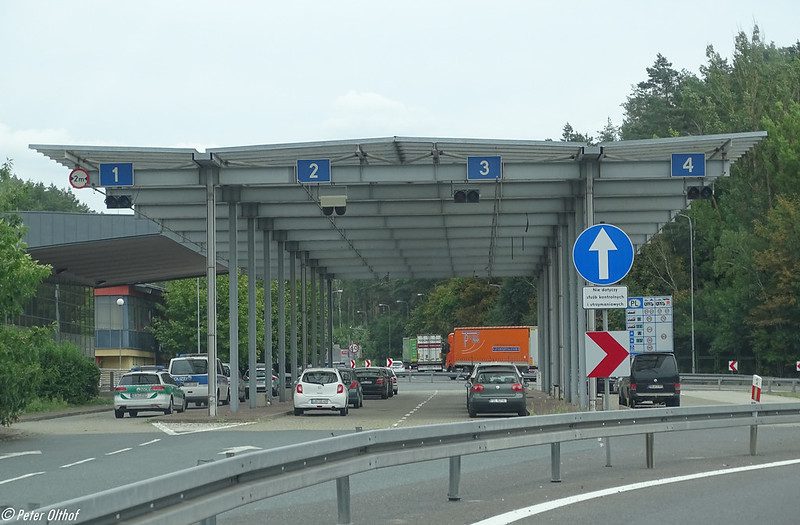
This past summer, the Baltic States and Poland announced plans to implement regional visa prohibitions against Russian citizens. These plans have now been put into practice, with Poland, Lithuania, Latvia, and Estonia being the first four countries to turn away Russian travelers at the border, although exceptions for those with permanent residence permits in EU countries, or visiting family members, refugees, and political dissidents are being made.
“Since the vast majority of Russians support Vladimir Putin’s actions in Ukraine, I think that decisions of this kind, restricting the possibility of travel for Russian citizens with Schengen visas, are absolutely justified,” said the Polish deputy foreign minister Marcin Paweł Przydacz.
The foreign minister of Latvia, Edgars Rinkēvičs, sent an even clearer message to Russian travelers via Twitter: “People of Russia, do not try to cross the border, you’re not welcome here—you need to end the war against Ukraine and be gone from that beautiful country!”
The decision leaves Finland as the only potential place of entrance into the EU for many Russians; Finland is the only remaining country with a direct border to Russia that hasn’t adopted the complete ban yet. Finnish Prime Minister Sanna Marin had opposed the introduction of the partial ban, as it contravenes the Schengen zone agreement that all countries honor visas issued by other countries in the zone. “One country grants a visa, another one denies it. That’s certainly not very desirable for the system,” said Finnish President Sauli Niinisto.
While many Russian travelers are now expected to head to the Finnish border to try and get into the EU, Estonian Prime Minister Kaja Kallas is frustrated about the perceived ‘loophole’ in Finland. “It’s not entirely effective, but it’s still better than nothing,” she said. “I hope that, sooner rather than later, they will have to do this as well.”
